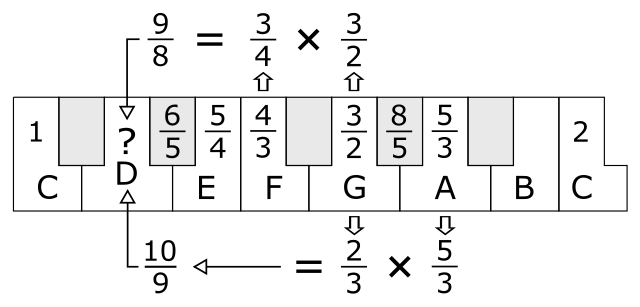Bach, Prelude and Fugue in D Major (WTC Book I)
J. S. Bach wrote two books of music known as The Well-Tempered Clavier (Books 1 and 2). Each book contains 24 Preludes and Fugues, a Prelude and Fugue for each of the 24 major and minor keys. Bach arranged them ascending up the chromatic scale and alternating major and minor. So Prelude and Fugue No. 1 is in C Major, No. 2 is in C Minor, No. 3 is in C-sharp Major, etc.
“Clavier” refers to any type of keyboard instrument and “well-tempered” refers to a system of tuning that works well in every key. Singers, string players, and wind players constantly adjust their tuning as they play to achieve the best intonation at every point in the music. Moving from one key to another presents no problem. But a “fixed-pitch” instrument like the piano or organ cannot make those transitory adjustments. It can be tuned to minimize the problems, but not eliminate them. And minimizing the problems in one key exacerbates them in another.
While music has some amazing mathematical symmetries, it also has some anomalies. The octave always has a frequency ratio of 2:1. The most basic intervals have similarly simple ratios: 3:2, 4:3, 5:4, etc. But all of these smaller intervals do fit perfectly within the 2:1 octave.

Various tuning systems have been devised over the years, and the debate over which is best has raged on for centuries. We now use mostly “equal temperament,” which represents a grand compromise. It divides the octave into 12 equal intervals. In essence, everything is out of tune in a tolerable amount, and that tolerable amount remains the same regardless of the key or the complexity of the music.
Equal temperament was not well established in Bach’s time. By writing a Prelude and Fugue in every major and minor key, Bach was advocating for a tuning system that would work in every key—one that would allow all 24 of his Preludes and Fugues to be played without retuning the instrument.



